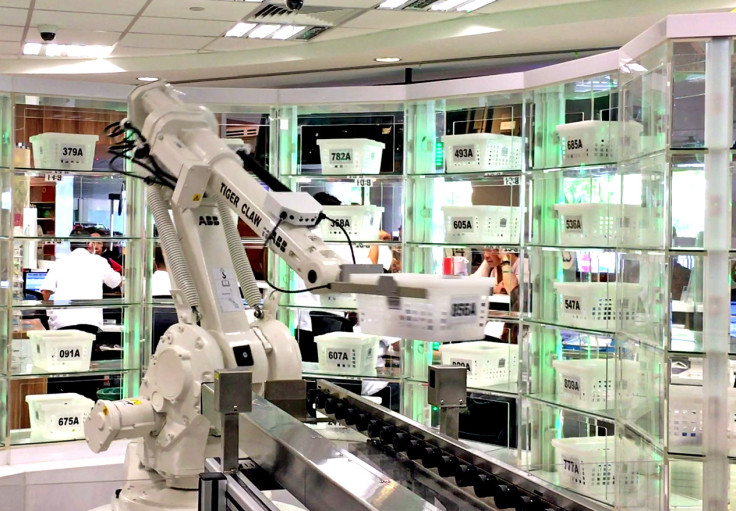How artificial intelligence will impact real lives in healthcare in 2018
Elad Walach, CEO, Aidoc, looks at five ways AI will impact healthcare in the coming year.

This year, whiz kid Ke Jie, the world champion of Chinese national pastime GO, was soundly defeated by a computer powered by Artificial Intelligence. Jie described it as a "horrible experience," but it highlighted the tremendous potential AI has in fields such as gaming – and far beyond.
One such field is medicine and healthcare, where we are beginning to reap the benefits of technology that has the potential to impact billions of lives around the world. Here are five health-related industries poised to be revolutionized by Artificial Intelligence in 2018.
1) Clinical Decision Support
For doctors, analyzing a patient's records – many of which are still handwritten – often involves the time-consuming task of going through a lifetime's history of notes, lab results and prescriptions. IBM, along with the Cleveland Clinic Lerner College of Medicine, aims to turn this problem into an advantage with the creation of Watson Paths, which utilizes AI to establish more natural interaction between physicians, data and medical records to provide quicker and more accurate diagnoses. AI solutions, for example, can analyze an enormous amount of Electronic Medical Record (EMR) data, utilizing clinical guidelines in real time for more efficient and accurate diagnosis, including pinpointing conditions that might otherwise be overlooked.
2) Medical Imaging
When the CT scan became available in 1972, it gave doctors a new way of peering deep within the workings of our bodies and brains. Its inventors won the 1979 Nobel Prize in Medicine. Since then, there has been an explosion of the use of CT and other imaging like MRIs, meaning radiologists face an exponentially increasing number of scans to review and analyze. However, the number of radiologists themselves has plateaued. This has created severe bottlenecks and workload issues which can be dangerous when it comes to critical cases. By learning from millions of previous medical scans, AI can help highlight the clinical findings that radiologists are seeking. This can help with assessing each patient more efficiently and prioritizing more urgent cases – crucial in life and death situations where time is of the essence.
3) Pharmaceuticals
According to a study by medical journal Pediatrics, 84% of parents make errors when administrating medicine to their own children. Advances in AI can lead to incredibly tailored dosage for medicine, optimized to suit patients' age, lifestyles and body shapes. NHS hospitals in the UK, for example, have incorporated Sophia, an AI system that analyses "genomic profiles and experts' knowledge to improve patients' diagnostics and treatments." These services can help speed up recovery by letting patients know what to take, and when.
4) Medical Insurance
The insurance industry is famously conservative and resistant to technological disruptions. Much of the same paperwork and cumbersome, antiquated procedures from 50 years ago still exist in the industry today – as becomes so painfully obvious when we try to purchase insurance or make a claim. But the introduction of AI to analyze data in health insurance for example, means that an individual's previous behavioral and lifestyle patterns can be evaluated much more accurately to produce a fairer price quota, rewarding those who choose a healthier lifestyle and encouraging those who don't. But AI will help with more than just pricing – a startup called Zendrive, for example, has created an app that helps drivers analyze and improve their driving behavior to reduce accidents and premiums through AI algorithms.
5) Robotics and Physical Assistance
Robots powered by Artificial Intelligence are on the verge of revolutionizing countless industries, and healthcare is no exception. A company called Camanio Care, for example, has created Bestic, a robotic assistant which uses AI to feed people with disabilities during mealtimes, without relying on the assistance of others. This offers users a new level of independence and quality of life. Similar AI-powered robots are being developed to assist the elderly, the blind, paraplegics, and others.
Artificial Intelligence is already helping millions of real people live better and healthier lives. 2018 is sure to bring more developments which offer cures for those in need, and keep the healthy among us from ever needing them.
Elad Walach is CEO, of Aidoc





















